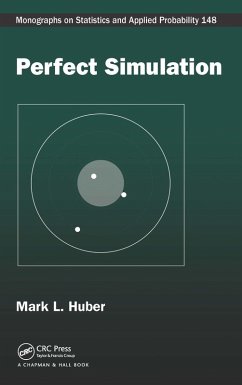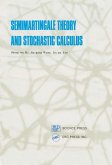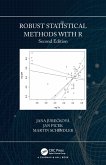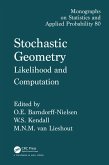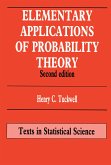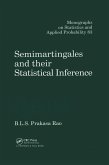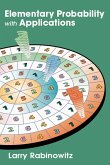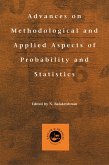This book illustrates the application of perfect simulation ideas and algorithms to a wide range of problems. The author describes numerous protocol methodologies for designing algorithms for specific problems. He first examines the commonly used acceptance/rejection (AR) protocol for creating perfect simulation algorithms. He then covers other major protocols, including coupling from the past (CFTP); the Fill, Machida, Murdoch, and Rosenthal (FMMR) method; the randomness recycler; retrospective sampling; and partially recursive AR, along with multiple variants of these protocols.
Dieser Download kann aus rechtlichen Gründen nur mit Rechnungsadresse in A, B, BG, CY, CZ, D, DK, EW, E, FIN, F, GR, HR, H, IRL, I, LT, L, LR, M, NL, PL, P, R, S, SLO, SK ausgeliefert werden.

